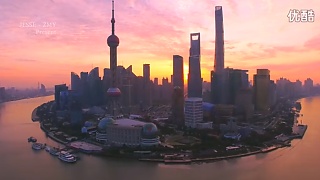With WilleneBusinessLifestyle ...
[640],shadow=true,start=,stop=
Live more ...
 The new GuangZhou BaiYun railway station
The new GuangZhou BaiYun railway stationWith WilleneBusinessLifestyle ...
[640],shadow=true,start=,stop=

|
His health and nutrition masterclass ...
|

|
With DuckTravel ...
|

|
HuNan province.
|

|
With Travel East ...
|

|
With Walk For You ...
|

|
|

|
With Pascal Coppens and Steven Van Belleghem ...
|